

How to Write a Good Ending
This video is all about how to write a good ending to a story. Whether you are looking to be traditionally published or are writing picture books, the main key to writing a good ending is to be familiar with what your audience wants. We’ve also got you covered on writing endings for various genres—from romance to fantasy.

The Importance of a Nuanced Character Arc
Few of us change overnight. We might wake up one morning and realize we’ve changed, but when we look back we can see it was the result of a million little things, day after day, that brought us to our current state. How do we build a character arc like this—showing gradual, compelling, believable change?
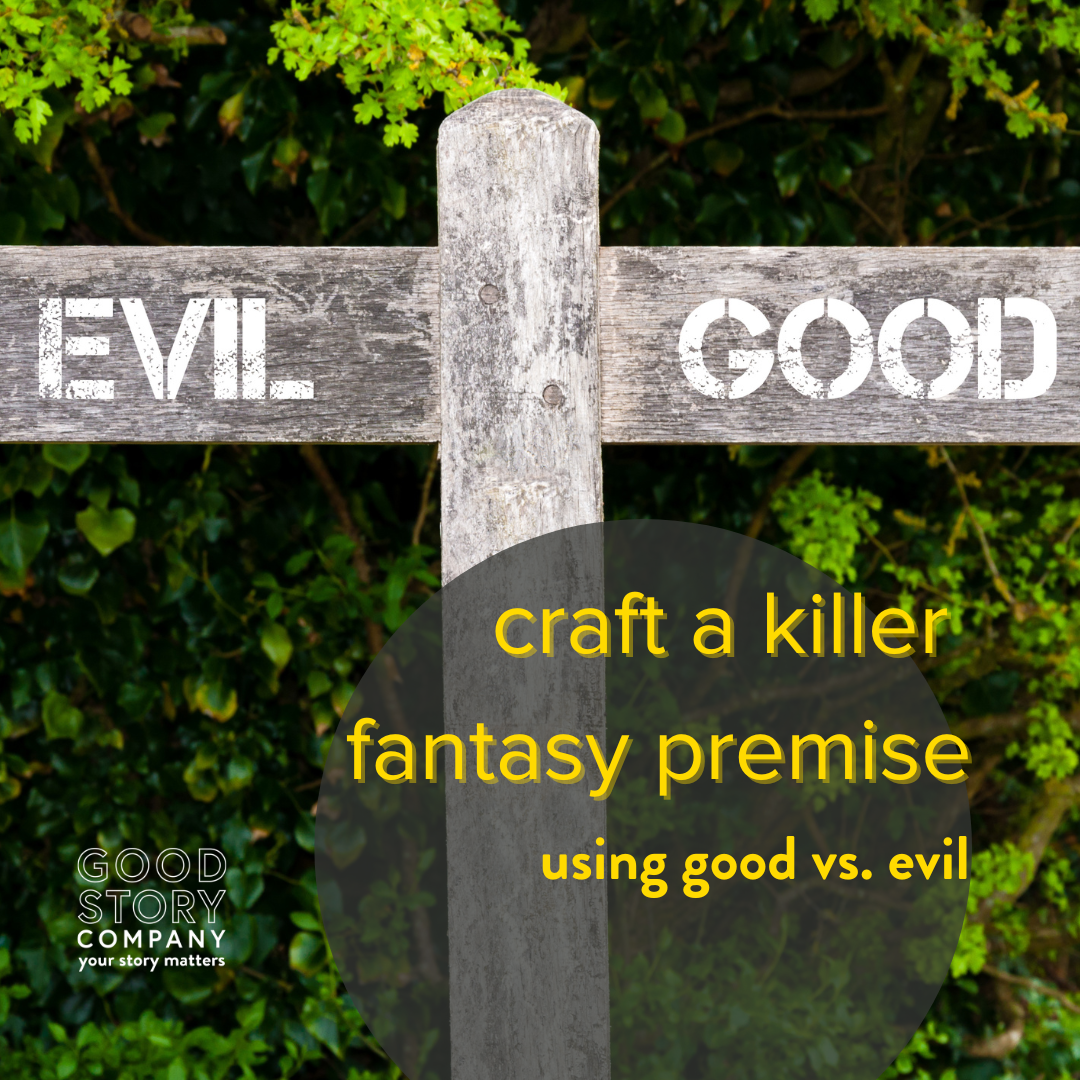
Craft a Killer Fantasy Premise Using Good Versus Evil
A fantasy premise that doesn’t engage on any themes of good versus evil can feel empty, but when those lines are too stark, it can feel a bit thin. So how do you find the balance?
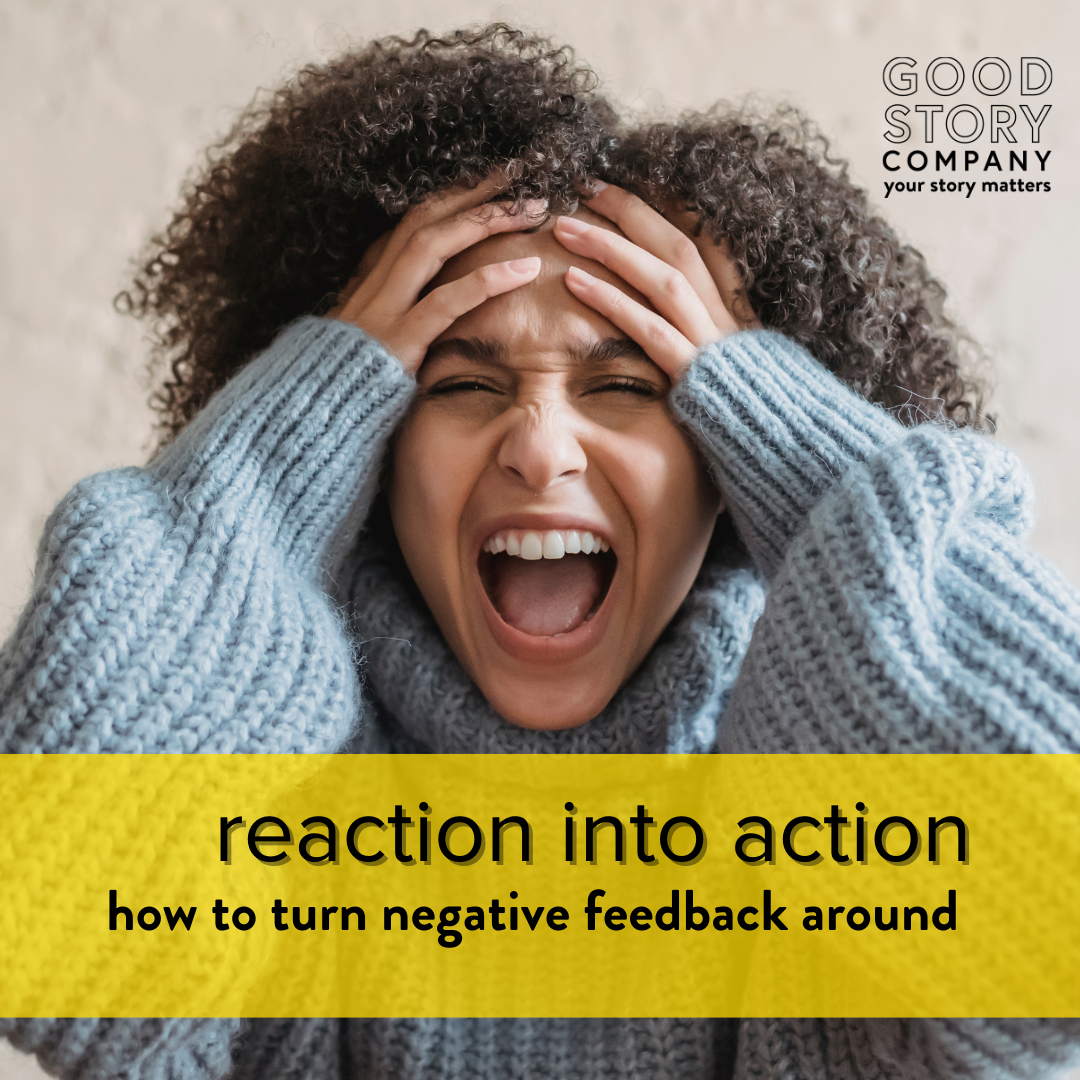
Reaction into Action: How to Turn Negative Feedback Around
Negative feedback can be confusing and hard to hear. Turn what feels like “no” into a mission to “go”!
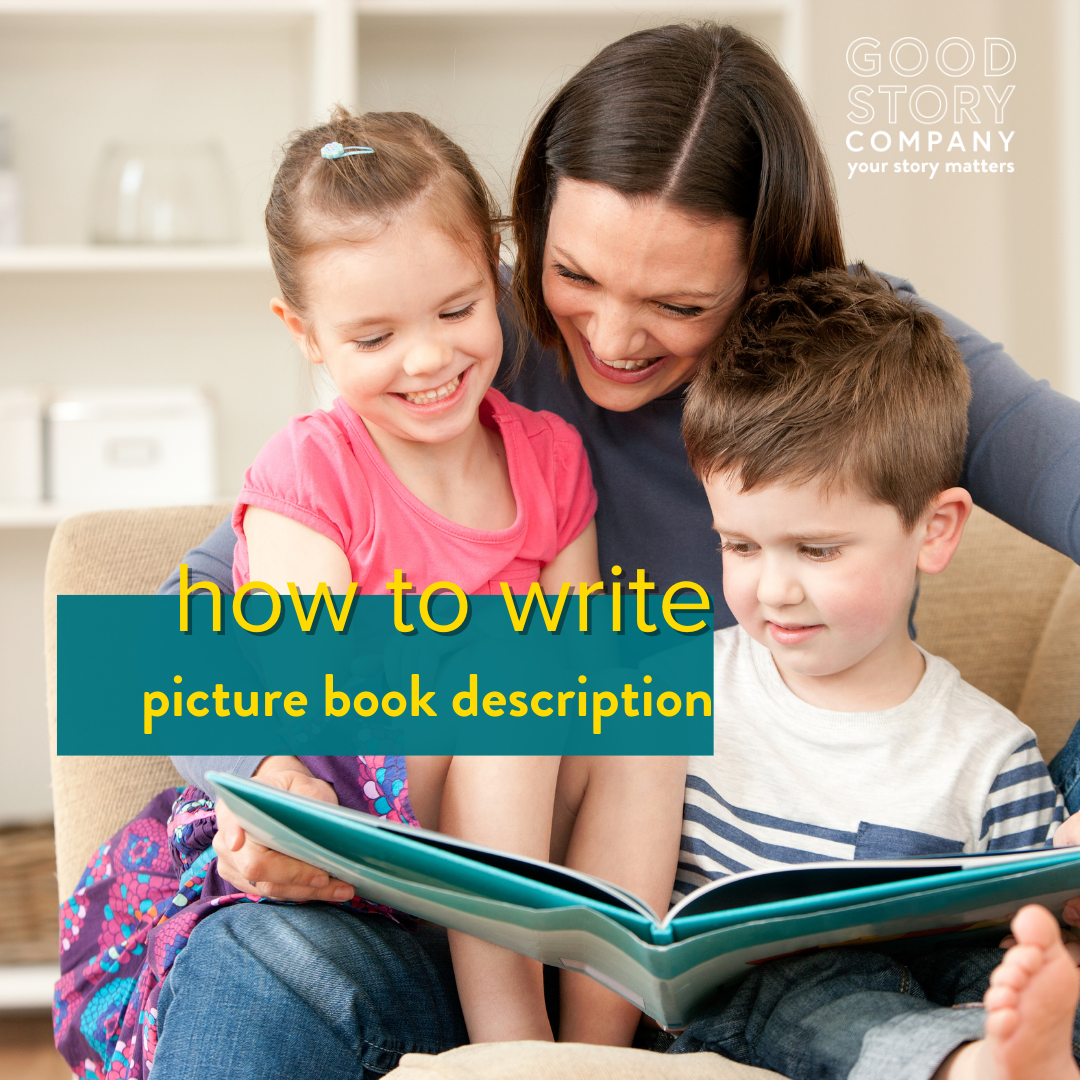
How to Write Picture Book Description
With only 600 words to work with, there’s not much space for picture book description. Let’s make every word count and bring your story to life.

In Favor of Present Tense Writing
One of the first decisions we have to make before writing is what tense to use. Present tense writing is often overlooked in favor of past tense—but when is present tense the better choice?

Put Your Words Down, Flip Them, and Reverse Them: Writing Your Memoir in Reverse Chronology
If you’re writing a memoir, you have to write your life events exactly the way they happened—but you don’t have to write them in order! Give your readers a backwards walk through your remarkable life with reverse chronology.
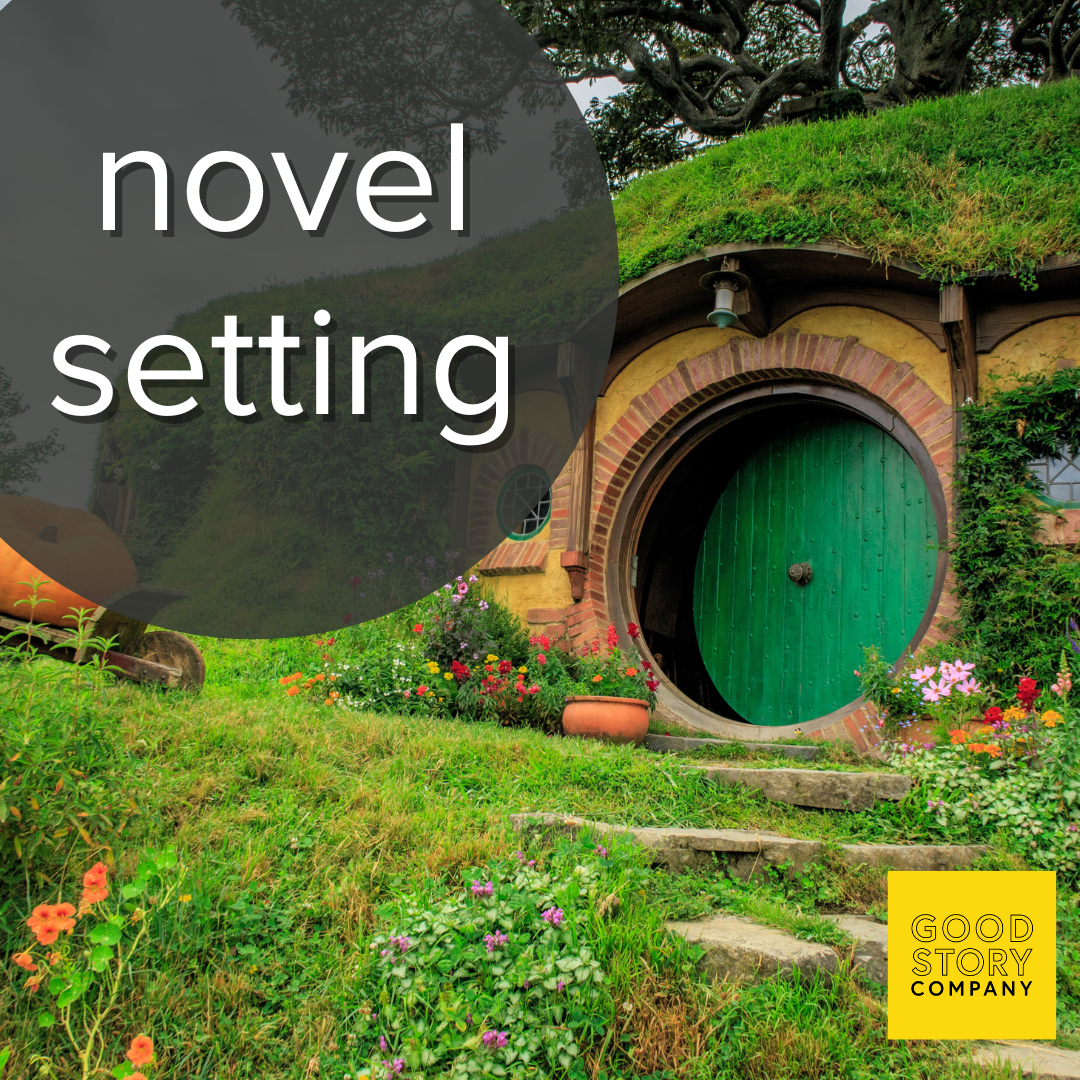
Novel Setting: Where’s It Gonna Be?
Your novel has to be somewhere. It can be anywhere! But setting is not an arbitrary detail: it can make all the difference.
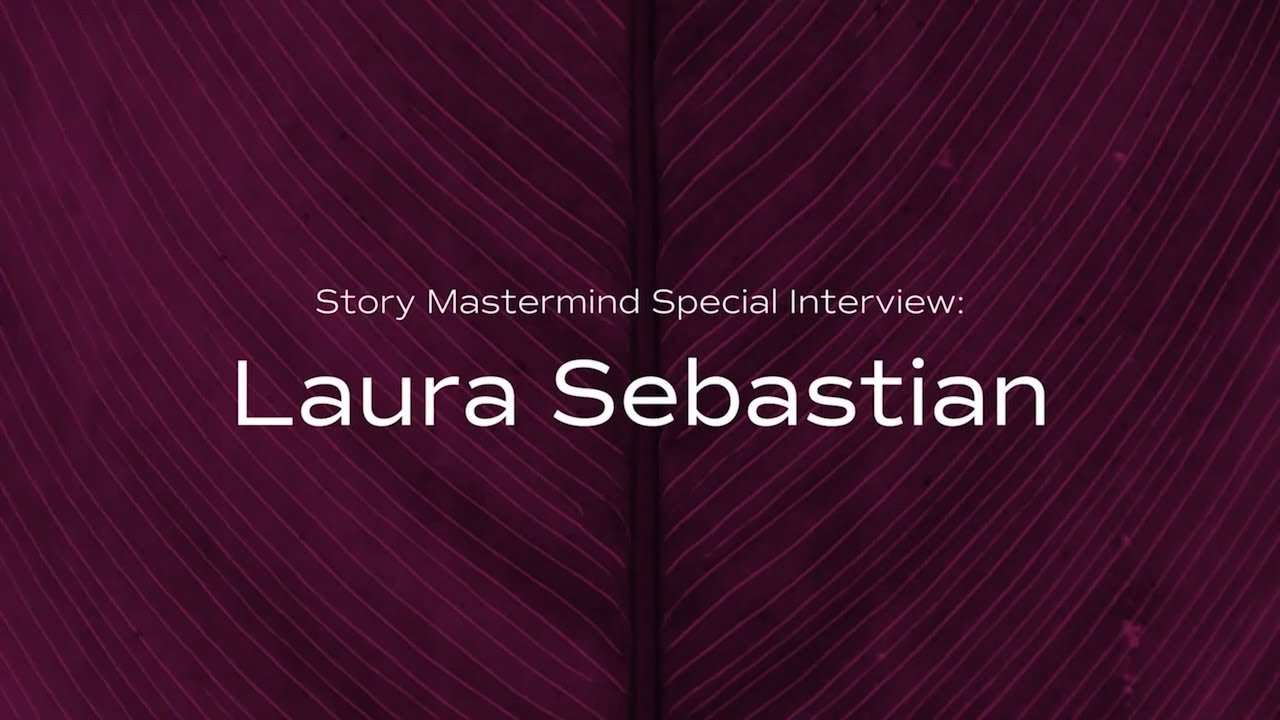
Story Mastermind Interview with Laura Sebastian
A conversation with YA fantasy author Laura Sebastian (ASH PRINCESS, out now from Delacorte) all about worldbuilding.

Creative Nonfiction
Nonfiction gets a bad rap for being dry and dull, but it doesn’t have to be. Many of the same liberties can be taken in creative nonfiction as in fiction. If you have something important to share with the world from your own life, this may be your category. Some literary flair can amp up your story and make it more approachable to your readers.
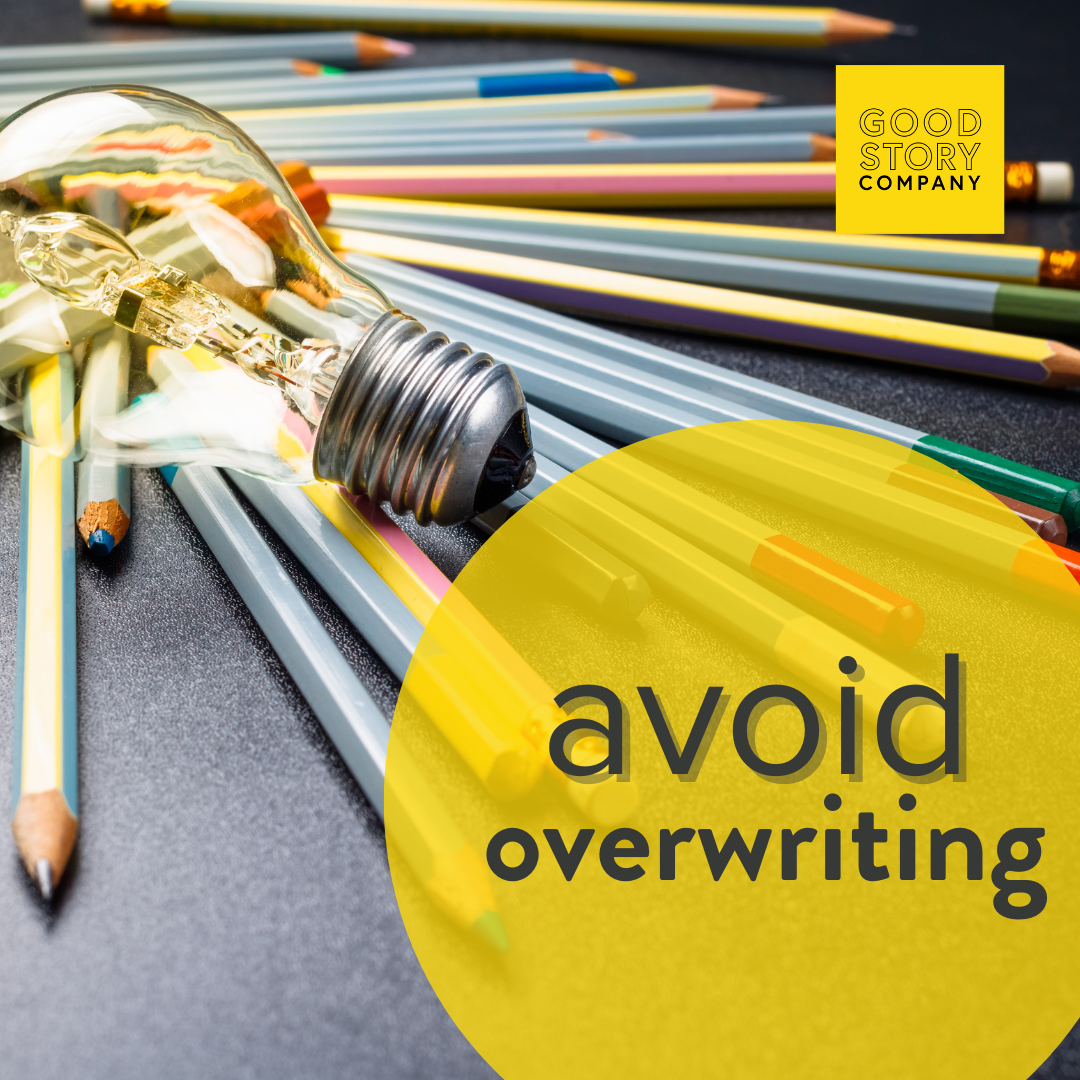
Avoid Overwriting
Overwriting happens often in early drafts, as writers try to get the story down and figure they’ll fix things later. Sometimes details draw us in, but often they can distract readers, pushing them to think about unrelated things ... and then to stop reading.
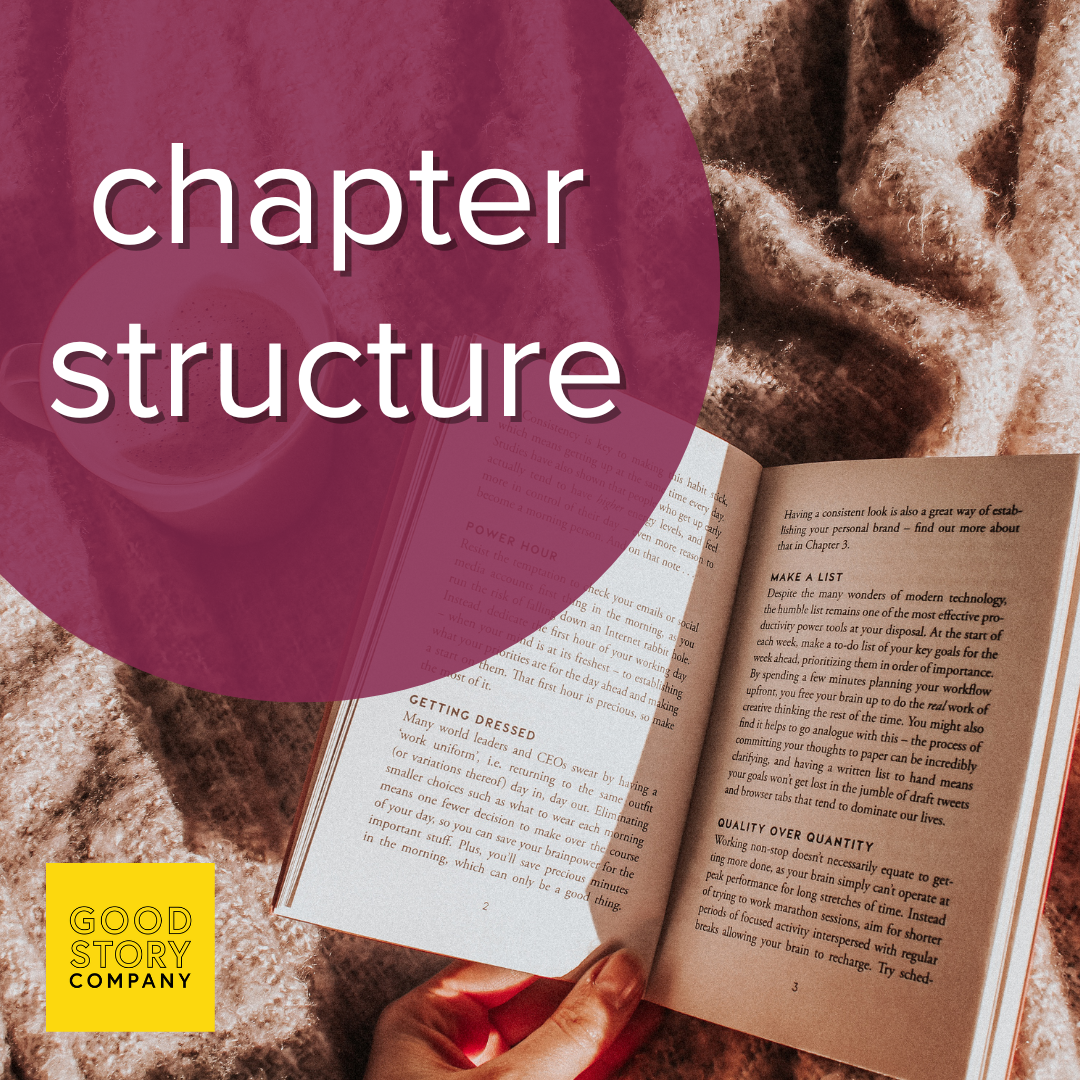
How To Be More Intentional With Chapter Structure
Chapter structure, like plot structure, is key to achieving a believable and engaging narrative. Here’s how to make sure your chapters are complete and doing as much work for you and your story as possible.
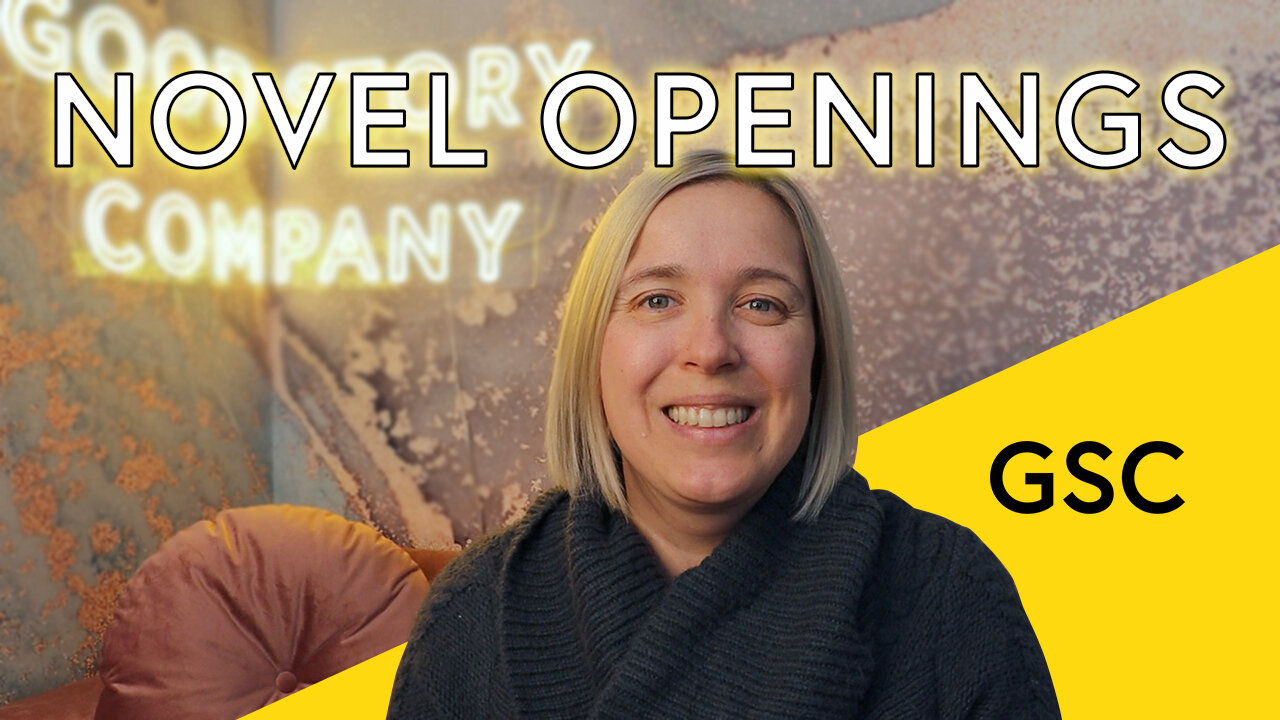
Novel Openings
Go beyond the landscape when setting the scene with these three essential considerations for starting your novel.
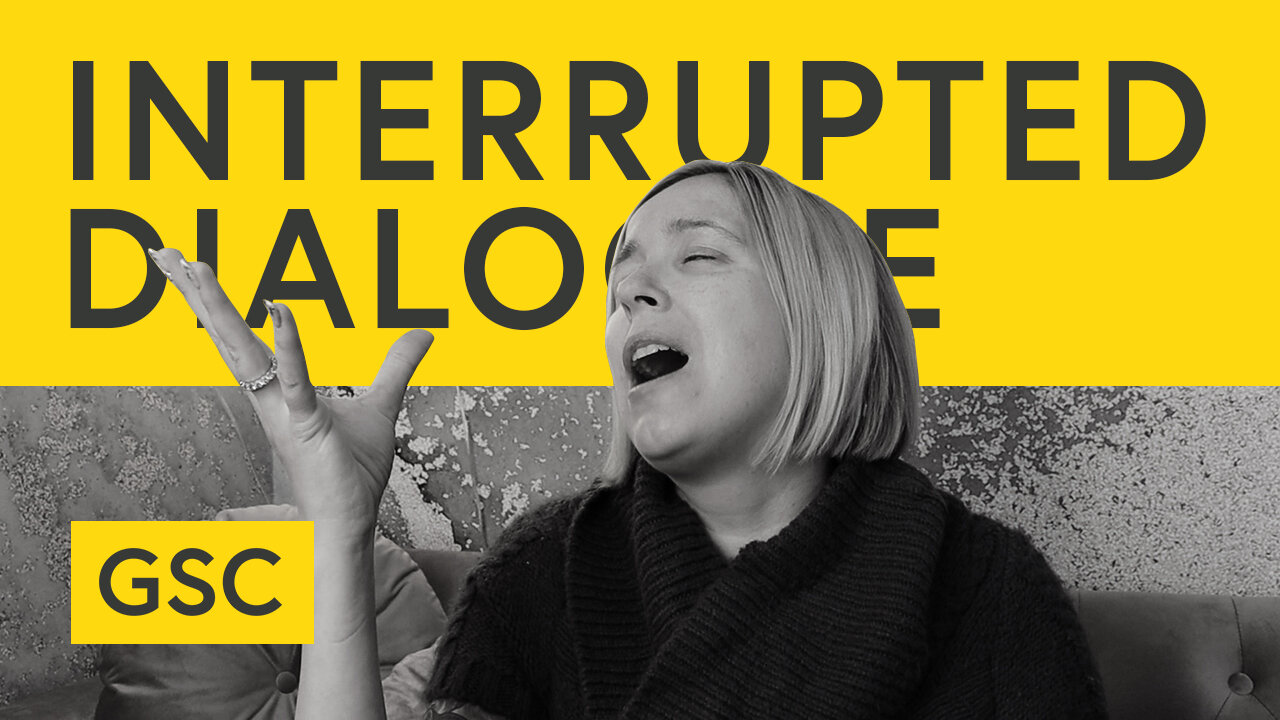
Interrupted Dialogue
If you've been wondering how to format interrupted dialogue in your manuscript, here's a quick answer.
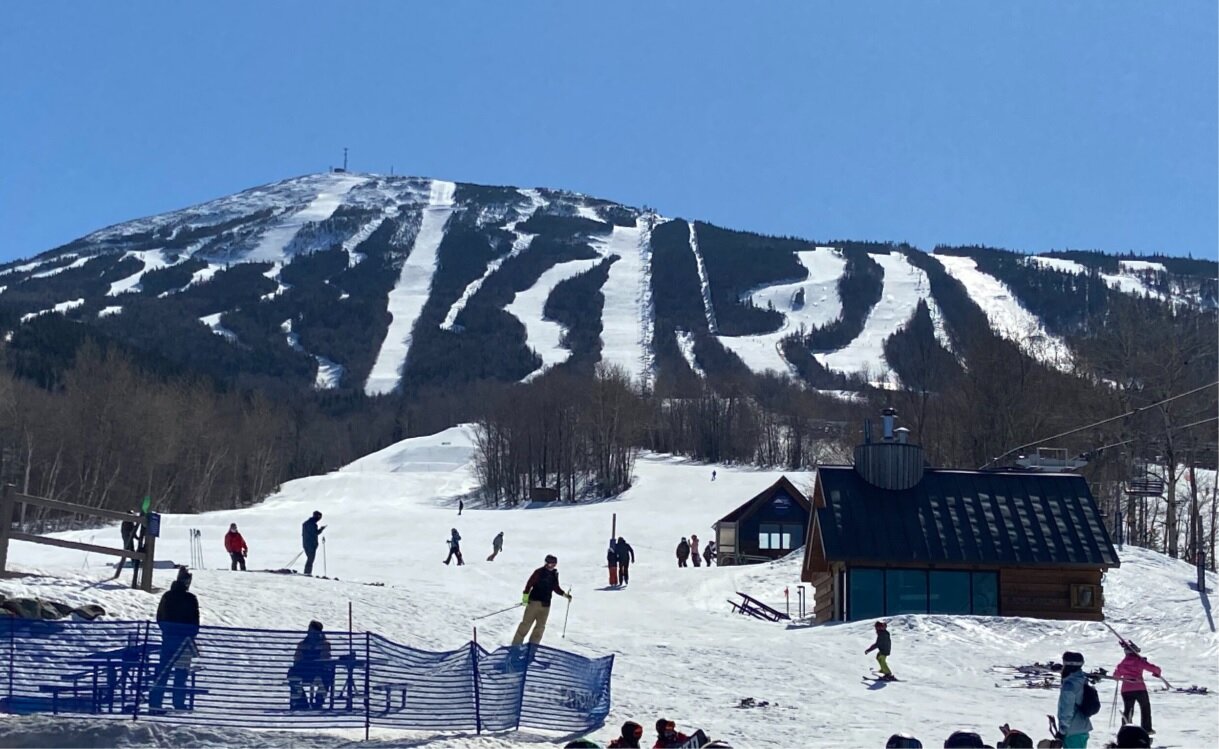
The Body and Soul of Story
Stories are like people. They have a body, and a soul. The body is the plot, the actions that happen. And the soul is the character, the protagonist, the key person (or persons) bound by the circumstances of the plot and forced into decisions.
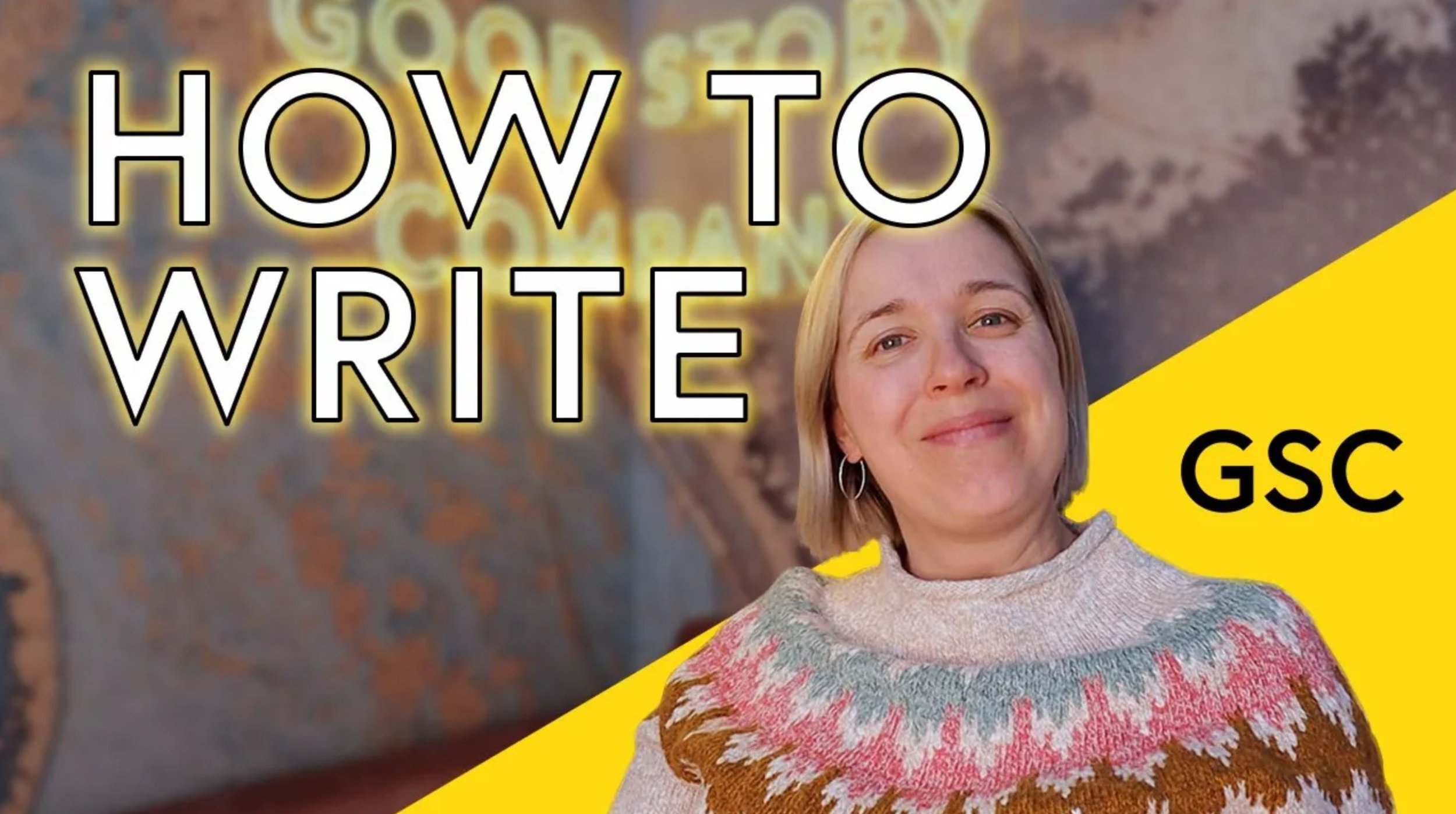
How to Write
Here's an energizing pep talk on how to write, including the ingredients you need to get started and keep going.
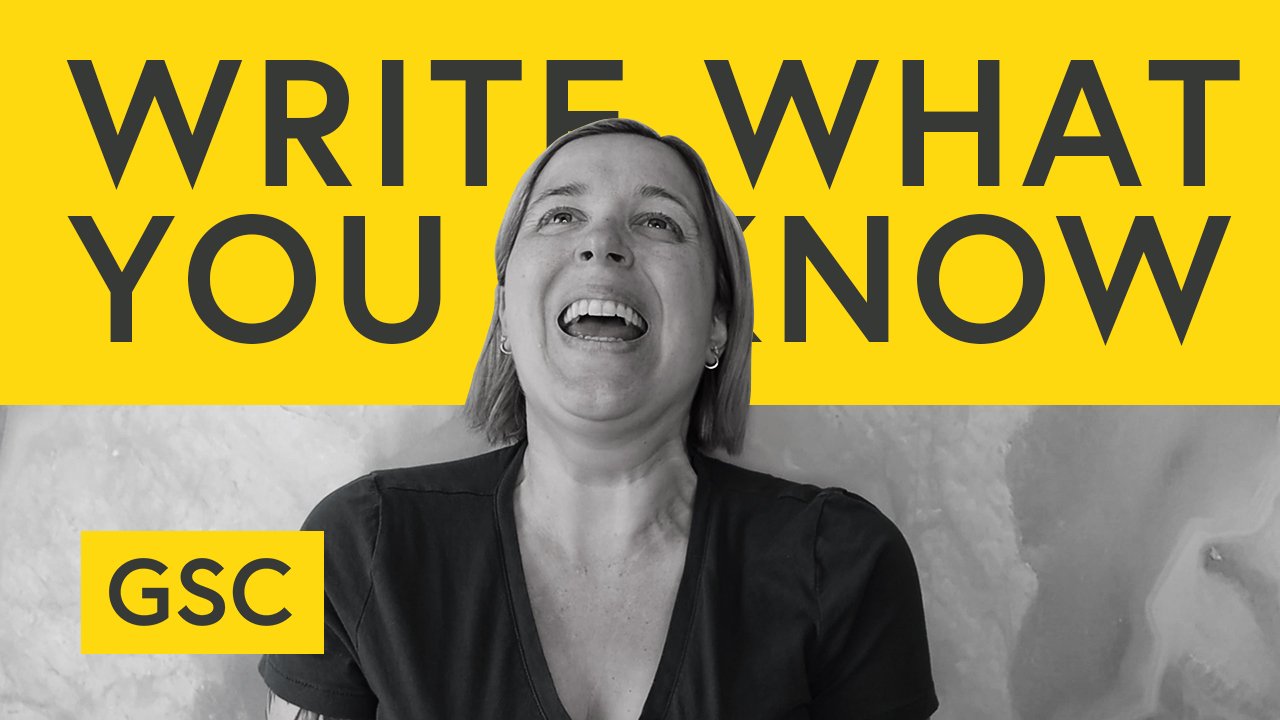
Write What You Know
Here's a video follow-up to our blog post on the old writing adage "write what you know." A closer look at what this expression really means and how you can make it work in your writing.

Writing Secondary Characters
Even though narratives tend to focus on the life of one character – sometimes a few in multiple POV – the people in that character’s life are equally important. Giving them personalities, sometimes backstories and arcs of their own, are what make the narrative as a whole more realistic.

Descriptive Writing Tips
These descriptive writing tips will help you create impactful imagery that supports your story.
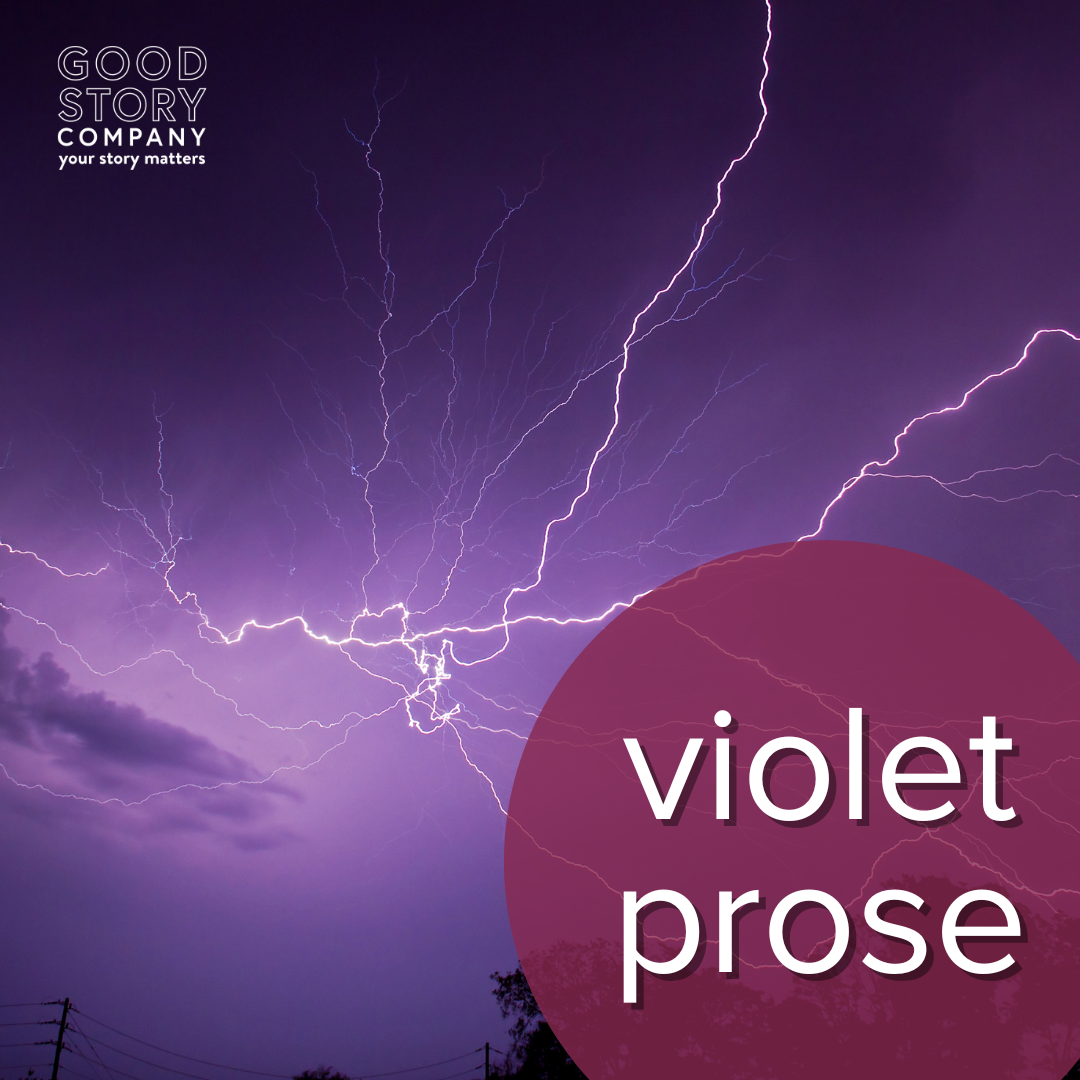
Violet Prose in Writing
Violet prose—an ominous and sometimes confusing term. What is it, and how do we avoid it in our writing? Or … is it really that bad?
